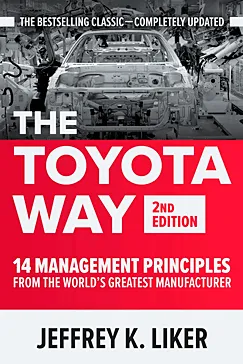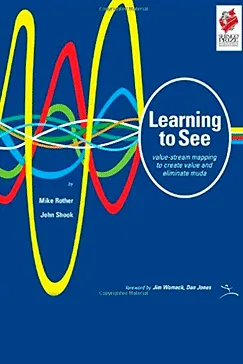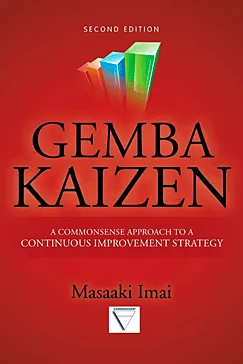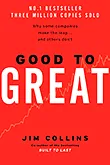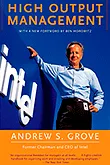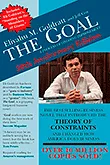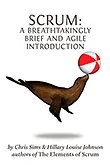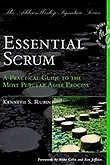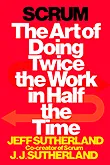Optimize your processes! List of the best lean books of all time sorted by rating. The most popular and recommended lean manufacturing books.
The Lean Startup
The narrative is a revolutionary approach to business that fundamentally changed the game on how new products are built and launched. It promotes validated learning, rapid scientific experimentation, and a number of counterintuitive practices that are making the development of new products for the market faster. This practice enables the measurement of real progress and learning from customers. The emphasis is on creating a minimal viable product to kickstart the learning process as swiftly as possible. That is why, increasing of the method's adoption by startups and well-established companies has been happening of late, as it allows for innovation to be carried out more efficiently and more effectively, hence making this the basic guide for today's business landscape entrepreneurs and innovators.Lean Thinking
Recommended by: Jeff BezosLean thinking is a transformational approach that fundamentally changes efficiency by removing wastage and providing the highest amount of value to customers at the lowest possible cost. This book takes the reader through the principles and practices that make the approach successful, both through theory and real-life examples from a range of different industries. It offers practical advice in relation to lean principles on the quality of business operations, better quality of products, and raising customer satisfaction. By focusing on creating value and the process of streamlining, it provides a roadmap for organizations aiming at innovation, competitiveness improvement, and sustained growth.The Toyota Way
It digs deep into the principles and philosophies of business management on which Toyota's phenomenal success is based, conceptually detailing ideas such as continuous improvement, respect for people, and building organizational culture, to codify the decisive competitive edge that the company has into an applicable model of operational excellence.Toyota Kata
Demonstrates the iterative routines and practices "kata" Toyota uses to instill a mindset of never-ending improvement and adaptation. Describes disciplined processes for coaching, problem-solving, and organizational capabilities building that enable sustained change and innovation.Learning to See
Offers a fundamental lean thinking guide based on the perspective of the value stream. It sets the core lean technique by way of illustrations and real examples to give the reader a step-by-step approach applicable to identify and eliminate waste, improving flow, and optimizing value creation for customers.Gemba Kaizen
Describes the philosophy and techniques for kaizen, a process of continuous, incremental improvement at the actual place, Gemba, where value creation work gets executed. Show ways to involve all employees in hands-on problem-solving, identification, and waste elimination in practices like 5 Whys analysis, standardized work, and quality circles.Toyota Production System
Written by Taiichi Ohno, this classic is a thoughtful investigation into the Toyota Production System, which concerns itself with quality, efficiency, and respect for people. Key topics it will cover in Lean Manufacturing are just-in-time production, autonomation, kanban inventory control, and a relentless push to eliminate all forms of waste.The Lean Manufacturing Pocket Handbook
It gives a clear and easy understanding of lean manufacturing principles and tools, from value stream mapping to quick changeover techniques, while at the same time acting as a quick reference to support the application of lean thinking on the shop floor.The Lean Toolbox
This is an all-encompassing collection of lean concepts, tools, and techniques that underpin and sustain continuous improvements in most business setups. The diverse sections offer a breakdown of methodologies such as 5S, value stream mapping, TPM, Six Sigma, and much more, therefore giving readers a whole "toolbox" to identify waste and optimize the delivery of value through systematic process enhancement.The Lean Tech Manifesto
Technology organization argues the use of lean startup principles for innovation. It is a means to build an experimental culture that will lead to validated learning and continuous improvements. Concerned with the iterative development of products, rapid prototyping, and data-driven decision-making to minimize waste and optimize value. Offers relevant case studies and practical help for those leaders wanting to stimulate more entrepreneurial thinking and navigate more successfully through more highly intense competitive landscapes.


